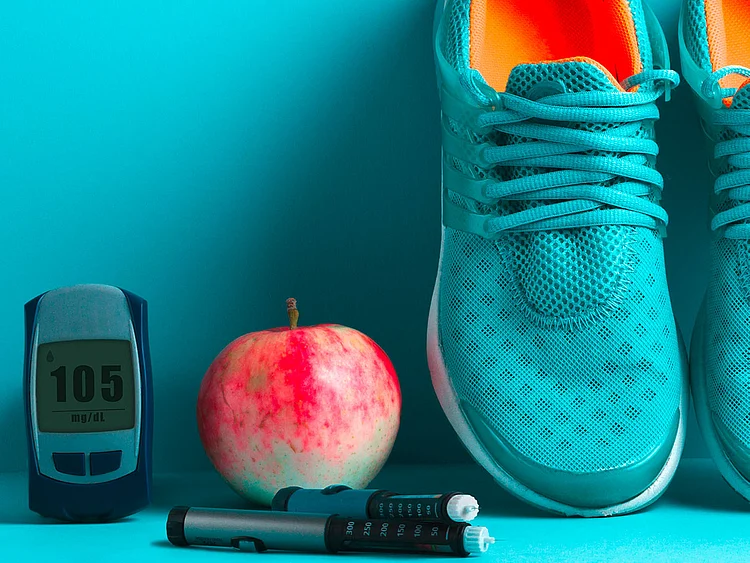Dubai: Fasting during Ramadan can be a simple, natural way to help control Type 2 diabetes, according to a healthcare expert.
Speaking to Gulf News, Dr. Arvind Gaddameedi, Specialist Endocrinologist & Diabetologist, Aster Clinic Muteena, explained how.
He said, “To begin with, it boosts insulin efficiency. Fasting gives the body a break from constant eating, helping it use insulin (the hormone that controls blood sugar) better. It supports weight loss even without eating fewer calories. Weight loss is key for improving diabetes. Fasting also protects liver health as it can reduce fat in the liver, which is common in diabetics and harms overall health.”
However, he cautioned that although fasting is safe for many diabetics, those on insulin or diabetes pills must consult a doctor to avoid dangerous drops in blood sugar. “People with severe diabetes, kidney issues, or frequent low blood sugar should avoid fasting without medical advice.”
In regular cases, Dr Gaddameedi said it is essential to maintain diet consistency and sustaining benefits accrued beyond Ramadan.
Citing a study, he said, “To make these benefits last, avoid overeating at Iftar. Stick to balanced, filling meals (like vegetables, whole grains, lean proteins) instead of heavy, sugary foods. Keep a routine and try to eat meals within a 10–12-hour window daily, even after Ramadan. This helps your body’s natural rhythm control blood sugar.”
He said the same study demonstrated that timing matters more than calories. “Fasting works not just by eating less, but by ‘when’ you eat. Eating only during set hours helps the body burn fat and manage sugar better,” he noted.
Follow the protocols
“Structured protocols must be followed. Supervised intermittent fasting (14 hours fasting, 10 hours eating or 16 hours fasting, eight hours eating) could mimic Ramadan’s benefits while minimising risks,” he said.
The doctor said the use of devices like glucose monitors can help diabetics fast safely. “Also, pair fasting with nutrition counseling to prevent post-fast dietary relapse.”
Sign up for the Daily Briefing
Get the latest news and updates straight to your inbox
Network Links
GN StoreDownload our app
© Al Nisr Publishing LLC 2026. All rights reserved.
